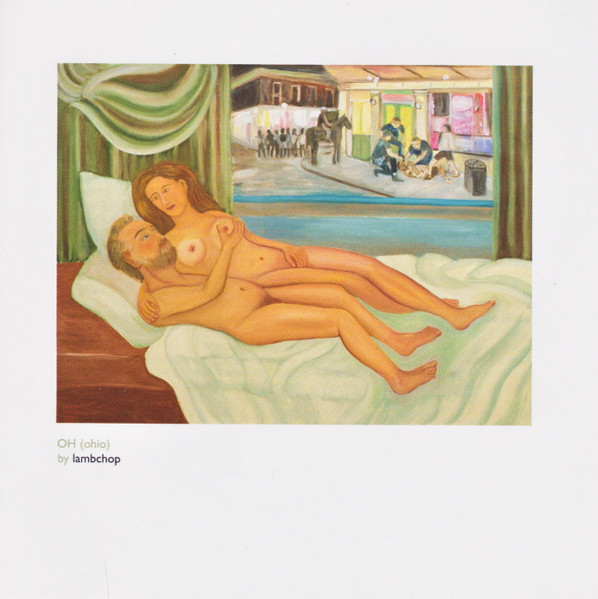purchase [ get it ]
At the time (early 70s), ELP was big. Their 1977 US tour was notable for its size as they went on the road with an orchestra. Said Emerson, "what you hear on the record is what you expect to hear when you buy the ticket to the show." The size of Emerson's bank of keyboards was noted to "resemble a fortress".
I honestly do not recall the last time I listened to Emerson., Lake & Palmer - or even thought of them. But there was a time (way back when) that they were on my "play-list". That would have been mid 70s - their "heyday". with songs like Lucky Man. Since they tended (like Pirates) to lengthy songs not suitable to pop radio, their charting would have been limited. This one times in at around 12 minutes.
The song lyrics are a story in themselves. not short story or novella, but considerably longer than "normal" radio play accommodates.
How fortuitous in some way, that Seuras Ogg beat me to the modern day pirating issue. Back in the late 60s early 70s, I, too, as an American living outside America looking to listen to the latest US songs, tuned in to Radio Caroline on short-wave frequencies .Not FM or AM. Short-wave, where the sound goes and comes, but the airwave connection did allow you get the gist of things. Equally fortuitous that Seuras also previously mentioned Papa John, who for some reason also conjured up images of pirates in my mind.
For anyone who has been online as long as I have (mid '90s) the concept of pirating music has greatly evolved. I am of the generation where we read horrifying stories about grandmothers who were subjected to court cases for "inadvertently sharing" music files: taken to court for violating "laws" and subjected to fines amounting to thousands of dollars. Grandma music pirates.
Navigating and explaining the changing legal positions as a teacher of Digital Citizenship during those years was a difficult ."What's legal and what isn't?". Students wanted to know if sharing a YouTube video was legal. If posting a cover of a song was legal. More often than not, the legalities of sharing were a bit hazy, and it changed over time as record companies figured out the market. Today, I can 'pirate' most any song I want via YouTube.
20 years ago, there was also the Pirate Bay file sharing site out of Sweden, which the web tells us "... still works in 2022.." I confess I made not infrequent piratical use of the rather complex, devious method to get access to music that is now "free" via Spotify, YouTube... Wasn't it Stevie Wonder who sang about the power of music to find a way to get its message across?



































































































































































































































































































































































































